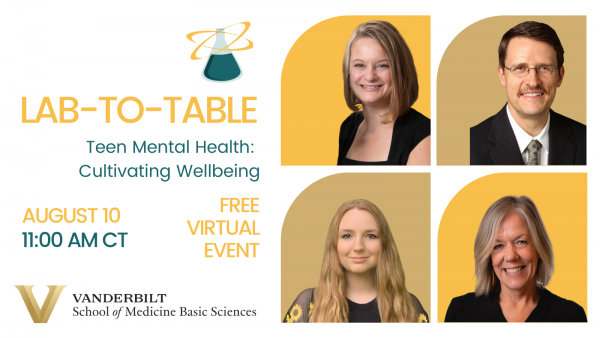
Adolescence is a crucial development period socially, emotionally and intellectually. It is also a time when many teens experience mental health adversities. According to the Youth Risk Behavior Surveillance System of the Centers for Disease Control and Prevention, the number of teens experiencing depression and suicidal thoughts increased by approximately 40 percent over the 10 years preceding the COVID-19 pandemic. The pandemic only exacerbated these issues.
The World Health Organization notes that now “one in seven 10- to 19-year-olds experiences a mental disorder, accounting for 13 percent of the global burden of disease in this age group.” This could include addiction, depression, anxiety and schizophrenia.
Why have we seen such growth in mental health adversities for teens in the past few decades? What does neuroscience say about the development and treatment of these disorders? How does this impact brain development? What tactics and treatments exist for teens to cultivate wellbeing? How do we address this important issue societally?
Join Lisa Monteggia, Barlow Family Director of the Vanderbilt Brain Institute and professor of pharmacology, as she delves into these questions and more during the next Basic Sciences Lab-to-Table Conversation, “Teen Mental Health: Cultivating Wellbeing.”
The virtual event will be Aug. 10 at 11 a.m. CT and will feature the following panelists:
- Kristen Gilliland, director of outreach and advocacy programs at the Warren Center for Neuroscience Drug Discovery at Vanderbilt
- Layne Grace, addiction treatment coordinator and mental health advocate
- Dr. Stephan Heckers, William P. and Henry B. Test Professor of Schizophrenia Research and chair and professor in the Department of Psychiatry and Behavioral Sciences at Vanderbilt
The event is free and open to the public. Registration is required.